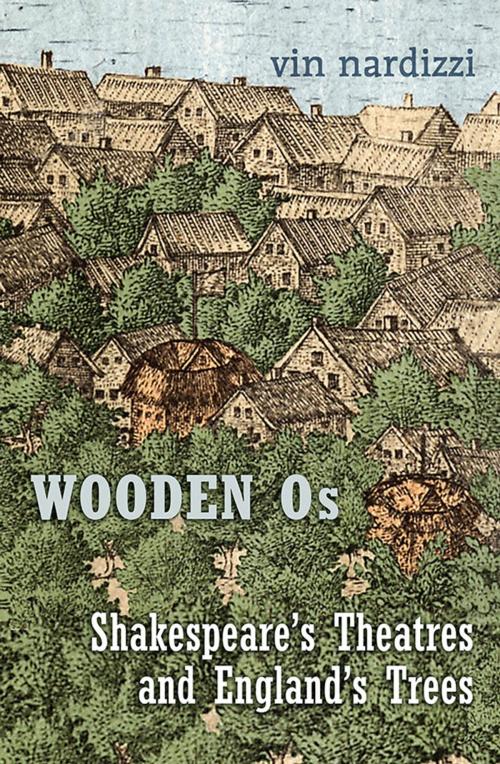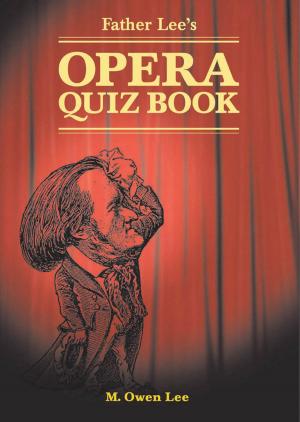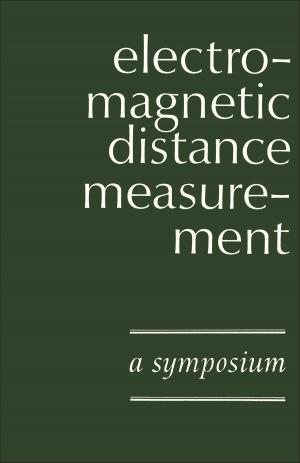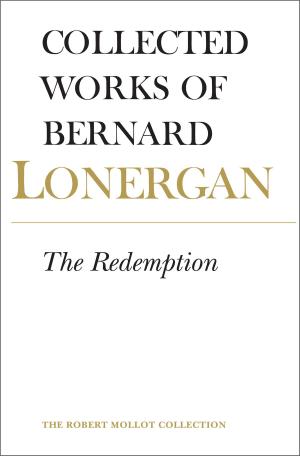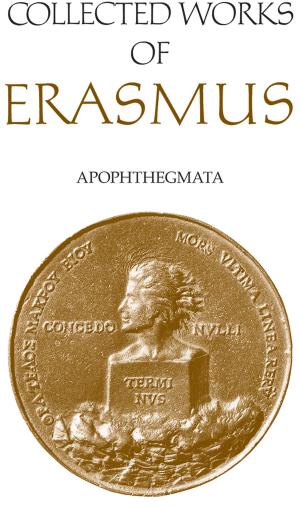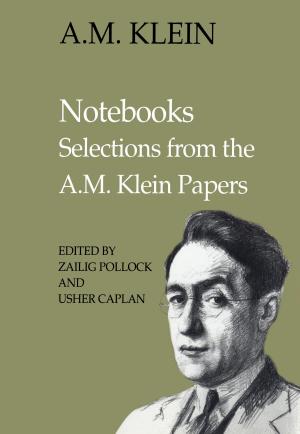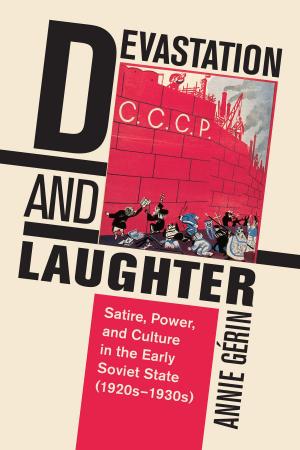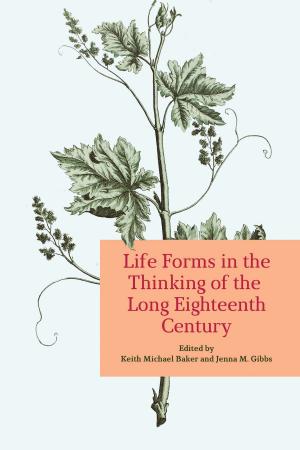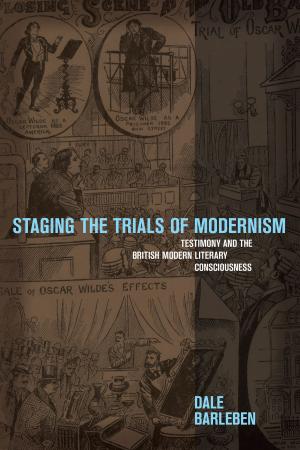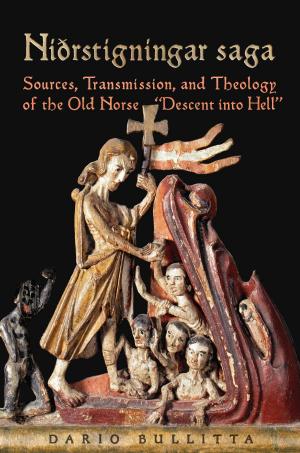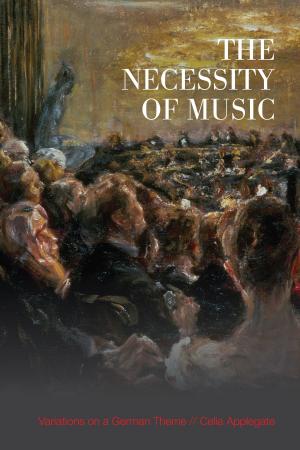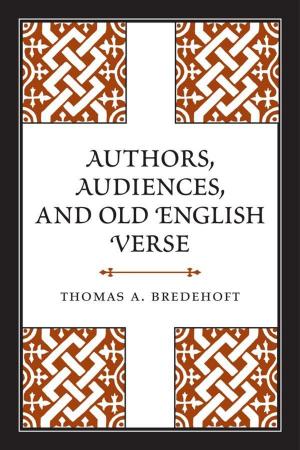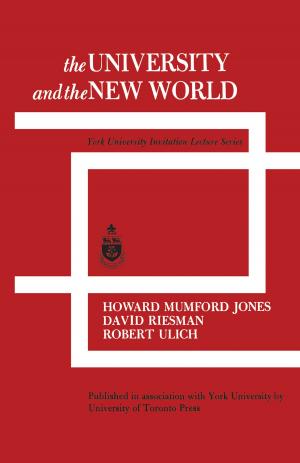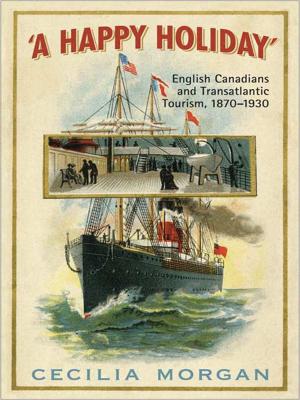Wooden Os
Shakespeare’s Theatres and England’s Trees
Fiction & Literature, Literary Theory & Criticism, Drama History & Criticism, British| Author: | Vin Nardizzi | ISBN: | 9781442664180 |
| Publisher: | University of Toronto Press, Scholarly Publishing Division | Publication: | March 14, 2013 |
| Imprint: | Language: | English |
| Author: | Vin Nardizzi |
| ISBN: | 9781442664180 |
| Publisher: | University of Toronto Press, Scholarly Publishing Division |
| Publication: | March 14, 2013 |
| Imprint: | |
| Language: | English |
Wooden Os is a study of the presence of trees and wood in the drama of Shakespeare and his contemporaries – in plays set within forests, in character dialogue, and in props and theatre constructions. Vin Nardizzi connects these themes to the dependence, and surprising ecological impact, of London’s commercial theatre industry on England’s woodlands, the primary resource required to build all structures in early modern England.
Wooden Os situates the theatre within an environmental history that witnessed a perceived scarcity of wood and timber that drove up prices, as well as statute law prohibiting the devastation of English woodlands and urgent calls for the remedying of a resource shortage that was feared would result in eco-political collapse. By considering works including Friar Bacon and Friar Bungay, the revised Spanish Tragedy, and The Tempest, Nardizzi demonstrates how the “trees” within them were used in imaginative ways to mediate England’s resource crisis.
Wooden Os is a study of the presence of trees and wood in the drama of Shakespeare and his contemporaries – in plays set within forests, in character dialogue, and in props and theatre constructions. Vin Nardizzi connects these themes to the dependence, and surprising ecological impact, of London’s commercial theatre industry on England’s woodlands, the primary resource required to build all structures in early modern England.
Wooden Os situates the theatre within an environmental history that witnessed a perceived scarcity of wood and timber that drove up prices, as well as statute law prohibiting the devastation of English woodlands and urgent calls for the remedying of a resource shortage that was feared would result in eco-political collapse. By considering works including Friar Bacon and Friar Bungay, the revised Spanish Tragedy, and The Tempest, Nardizzi demonstrates how the “trees” within them were used in imaginative ways to mediate England’s resource crisis.
